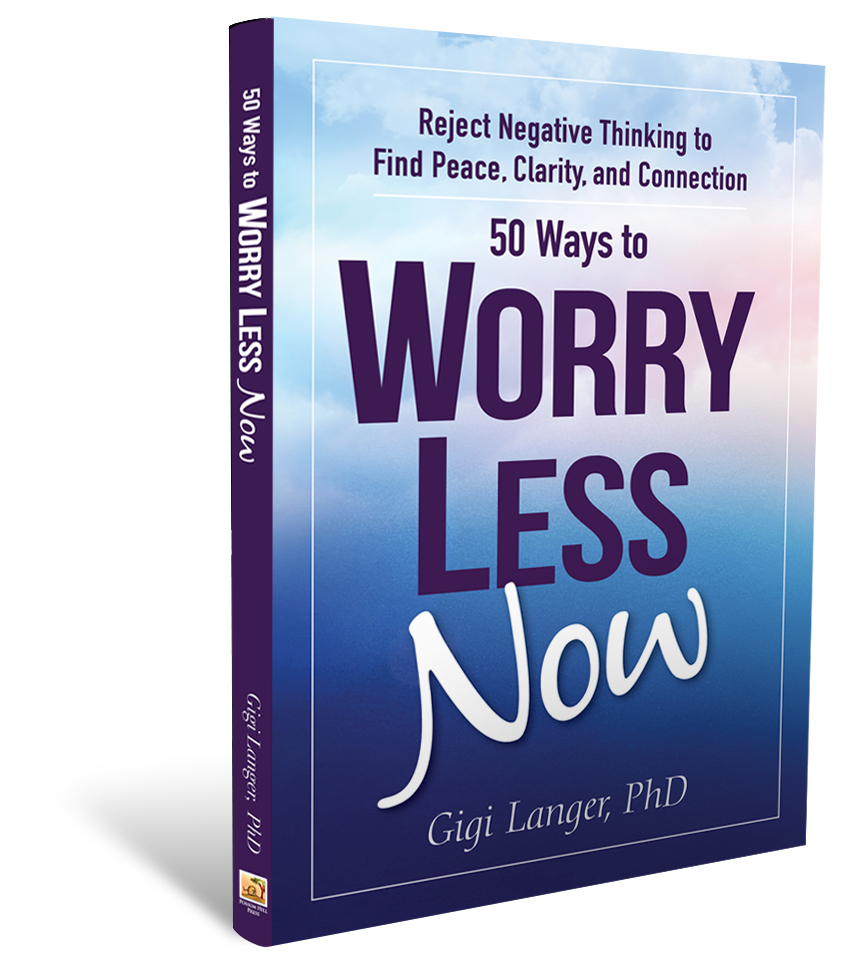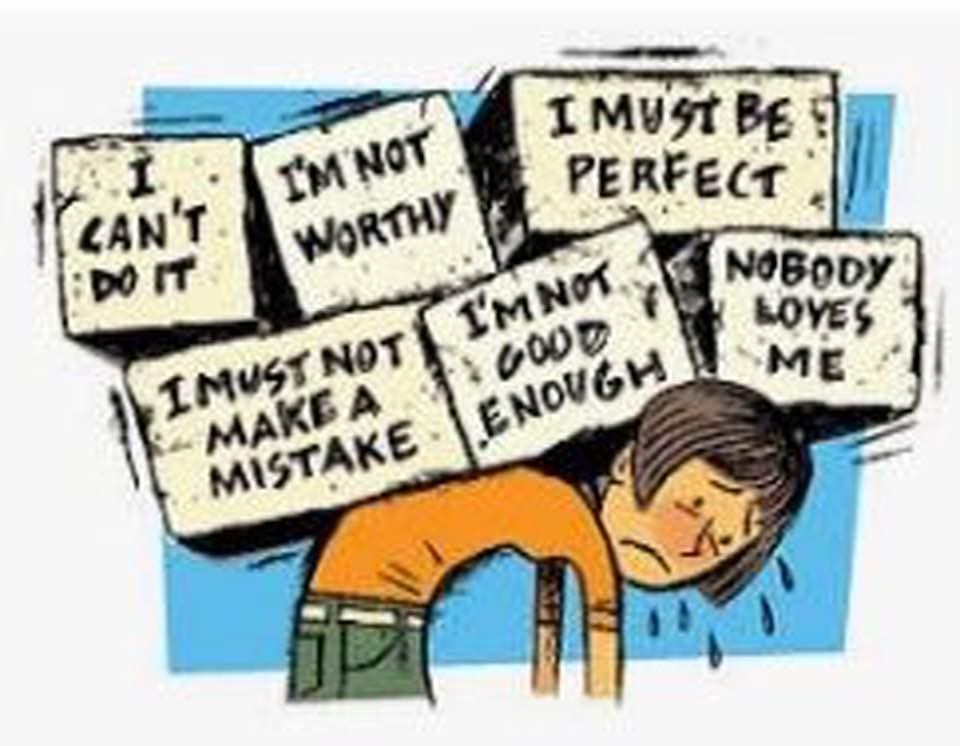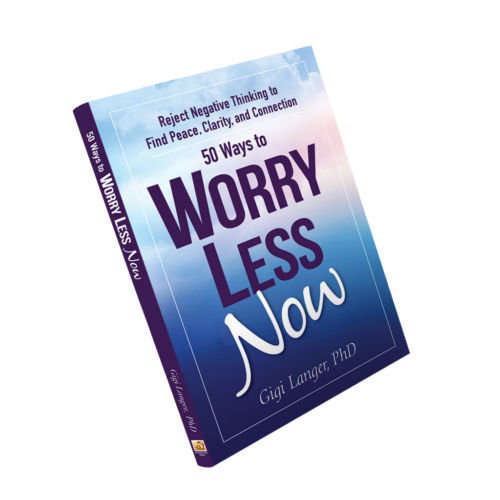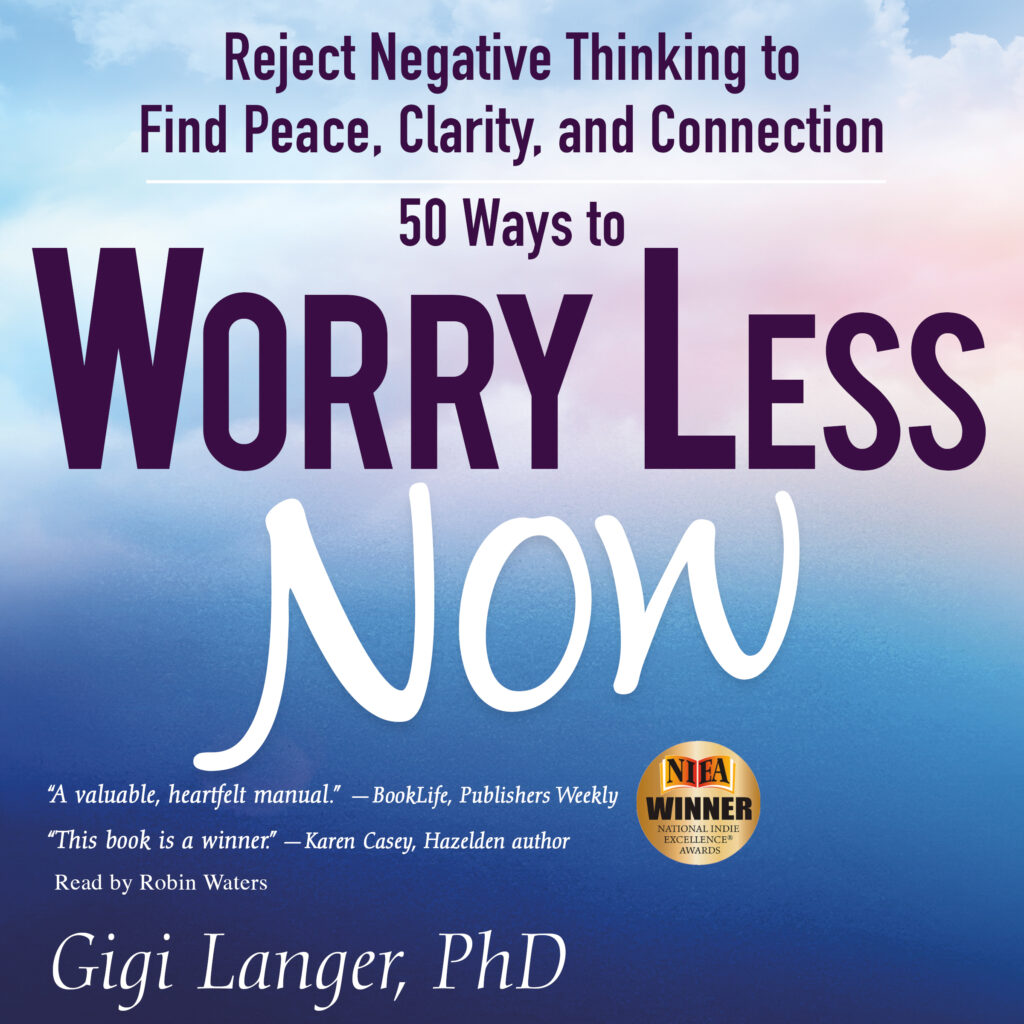
Recently, I taught Session #2 of the Worry Less Now group of 10 wonderful women. During the session, I felt rushed and tense–possibly because I had planned too many things for the 75 minutes. So, I made some mistakes: I omitted the prayer at the beginning; and during our Masterminding, more than once I forgot a crucial step and one of the participants had to remind me.
Although I laughed about it at the time, afterwards, I felt ashamed due to my old flaw of perfectionism. The ego grabbed my mental microphone, whispering lies about how I had embarrassed myself. Then I tried to figure out why I had made the mistakes, in the false hope that I would never do so again. This self-punishment exhausted me, subtly draining my enthusiasm over the next few days.
By Sunday, I finally acknowledged the cloud over my head and my wise voice said, “We need some time to get our head straight. Noone can make me do a F!#*ing thing tomorrow.”
I cleared my calendar, had coffee with my husband, and then lay down for a healing session with God. First, my kitty came and cuddled up on my lap (how does she know just when to appear?). I relaxed my body and breathed slowly as I imagined Mother Mary at my head, God on my left side, Jesus at my feet, and the Holy Spirit on my right side. As I said the Lord‘s prayer, their loving presence soothed my jagged feelings.
Then something surprising happened: several dark strands of false beliefs appeared to be lifted out of my body, dismantling my belief that I couldn’t be loved unless I was perfect.
Is It True? Is It Really True?
At the next session I had planned to talk about Byron Katie’s “The Work” and, as I lay in perfect peace, I had a great idea: I could illustrate the use of this tool with my perfectionism’s whispered lie: “I should not make mistakes.” My answers to the four questions are:
- Is It True? Yes
- Is It Completely True? No.
- What’s the Emotional Cost? I admitted how much pain and tension this belief had caused me,
- What Could My Life Be without The Belief? I could relax in loving acceptance of myself when making mistakes.
Turnaround #1: “I should not make mistakes” becomes “I should make mistakes.”
How is this statement as true or truer than the first one? Perhaps the pain of my mistakes made me humble enough to admit that I am not God; I’m only human, and mistakes have nothing to do with my security or lovability. It could also be true because it creates a teaching opportunity for my class and a chance to illustrate how I too get hung up by my ego.
Turnaround #2: “I should not make mistakes” becomes “They should not make mistakes.” How is this as true or truer that the original statement? I saw my ego in living color as I sat and criticized people on TV and social media. Then God showed me that since we are all connected, my judging others separates me from them and from God too. Hmm, not God’s will!
Then, this turnaround came into my receptive mind: “I should not make mistakes” became “God should not make mistakes.” Slowly, the tears began to flow; I can’t explain why, really; perhaps I thought that if God could make mistakes, then we were all screwed. I knew this could not be true, as God has been the only reliable source of love and safety in my life.
What Have I Learned?
So, what have I learned from doing “The Work” with my whispered lie, “I should not make mistakes,” and its corollary, “If I do, I can’t be loved.”
-By believing I must be perfect, I was “easing God out” and opening the door to self- condemnation, which is not God‘s will.
-Releasing that false belief allowed love to flow back into my heart, restoring my energy and connection with God.
-Turning the whispered lie around taught me that I cannot separate myself from God and others without causing myself misery.
-Finally, I believe my letting go of my false beliefs helps others do the same.
I am so grateful that my spirits inspired me to write this, share it with my class, and perhaps include it in my new book. And most of all, I’m glad that God helped me shed another layer of perfectionism!
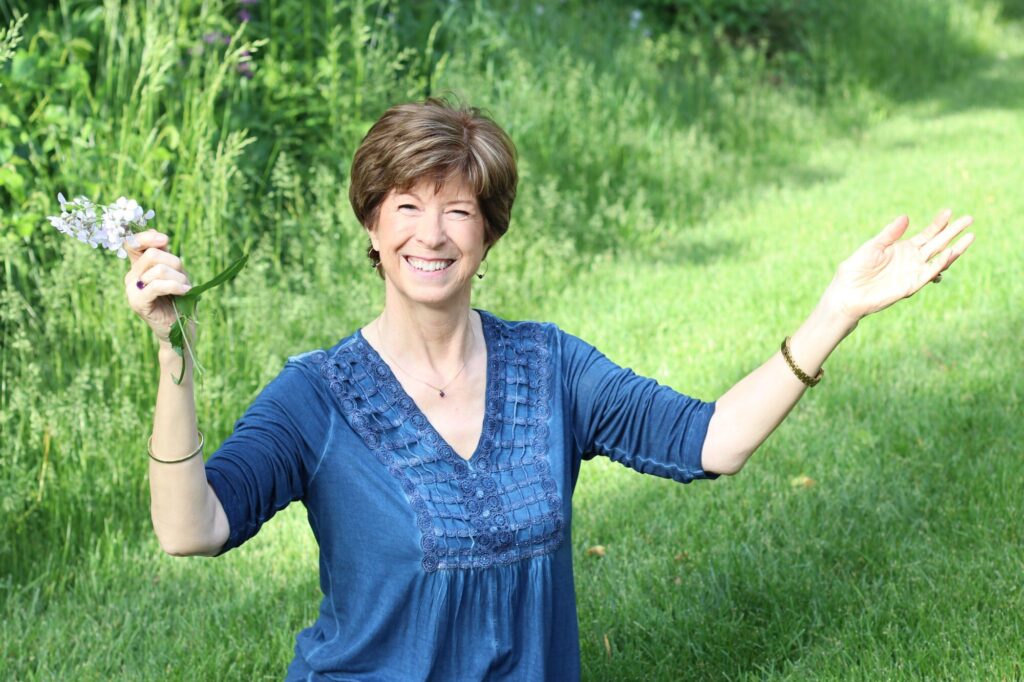
Gigi Langer has been sober 35 years, and holds a PhD in Psychological Studies in Education from Stanford University. Formerly crowned the “Queen of Worry,” Gigi resigned her post many years ago and now lives happily in Florida with her husband, Peter and her cat Murphy.
